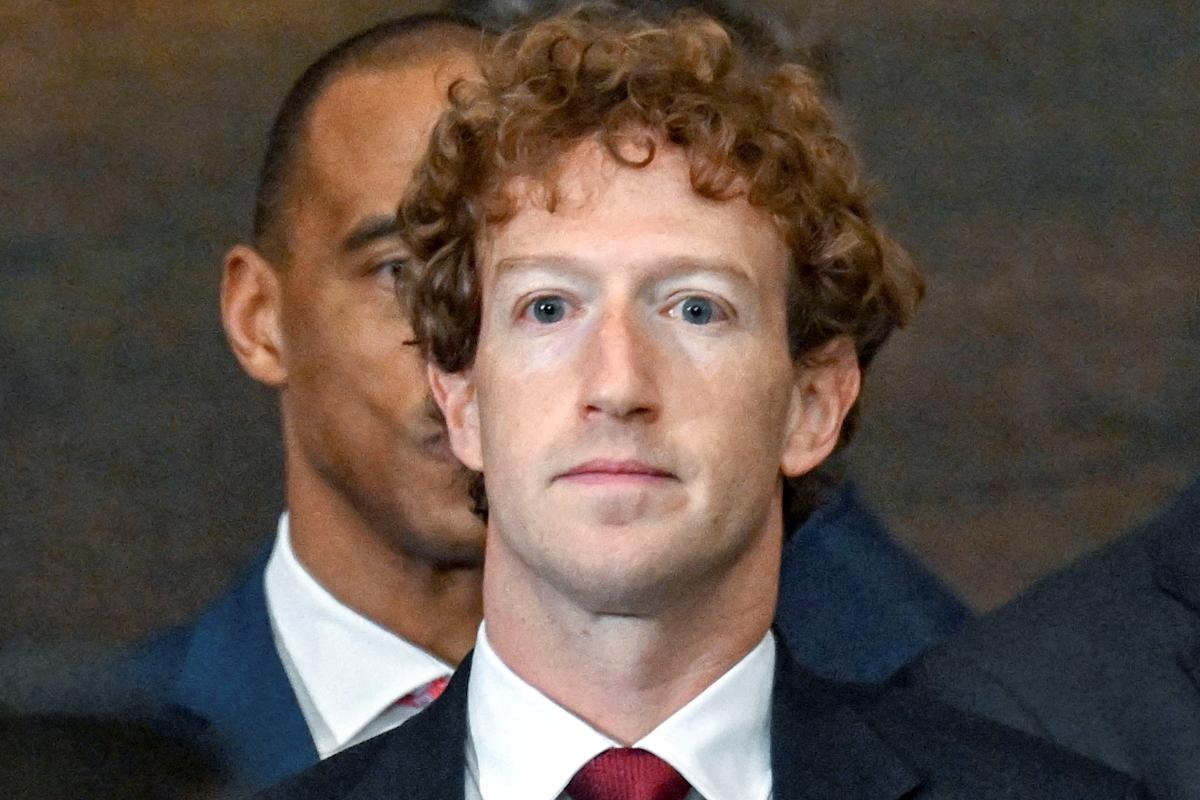

Zuckerberg Takes Stand in FTC's Antitrust Battle Against Meta

Image Credit: MSN
Mark Zuckerberg, CEO of Meta Platforms, appeared in court on Monday during the opening day of a high-stakes trial where the Federal Trade Commission (FTC) accuses Meta of monopolizing the "personal social networking" market. The FTC claims Meta achieved its dominant position in the market partly by acquiring rivals like Instagram and WhatsApp through a strategy of buying or burying competitors. If the FTC wins, it could force Meta to sell these acquisitions.
Meta counters that the FTC has misidentified the relevant market, pointing out that platforms like TikTok, YouTube, X, and LinkedIn should be included in the competitive landscape. The company argues that both Instagram and WhatsApp were approved by the FTC over a decade ago and that these platforms are part of a broader competitive environment. Zuckerberg emphasized that Meta's role extends beyond just connecting friends and family, involving entertainment and global discovery.
The FTC's strategy involves scrutinizing emails from Zuckerberg and Facebook executives dating back to the early 2010s. In one internal message, Zuckerberg allegedly wrote, "It’s better to buy than compete," which the FTC points to as evidence of anti-competitive behavior leading up to the Instagram and WhatsApp acquisitions.
One of the government’s core arguments is that Facebook acquired Instagram in 2012 because it lacked the innovation needed to stay dominant as mobile internet use grew. Additionally, Facebook’s 2012 acquisition of the now-defunct Google social app "Glancee" is cited as a move to block Google’s social media ambitions.
Meta has defended its actions, arguing that the FTC’s lawsuit unfairly paints Facebook as a monopolist, leaving out its main competitors like TikTok and YouTube. A Meta spokesperson also criticized the ongoing legal action, calling it detrimental to American innovation and claiming that it would benefit foreign competitors like China.
The trial is being overseen by Judge James Boasberg, who dismissed an earlier version of the FTC's complaint under President Trump but accepted a revised one filed during President Biden's administration. While the judge has shown openness to hearing the FTC's case, he also seems skeptical, particularly about whether the personal social networking market should exclude platforms like LinkedIn.
If the FTC prevails, Meta could face significant financial losses, particularly if forced to spin off Instagram, which generates nearly half of the company's US ad revenue. While WhatsApp’s contribution is smaller, the impact of any forced sale or spin-off could be substantial for Meta's bottom line.
Despite these challenges, some legal analysts believe the FTC faces an uphill battle in convincing the judge that the market definition is too narrow to justify drastic action. Even if the judge agrees with the FTC's definition, Meta’s market share may not be large enough to support a monopoly claim. The court is expected to continue considering the case in the coming months.
Paraphrasing text from "Yahoo!Finance" all rights reserved by the original author
